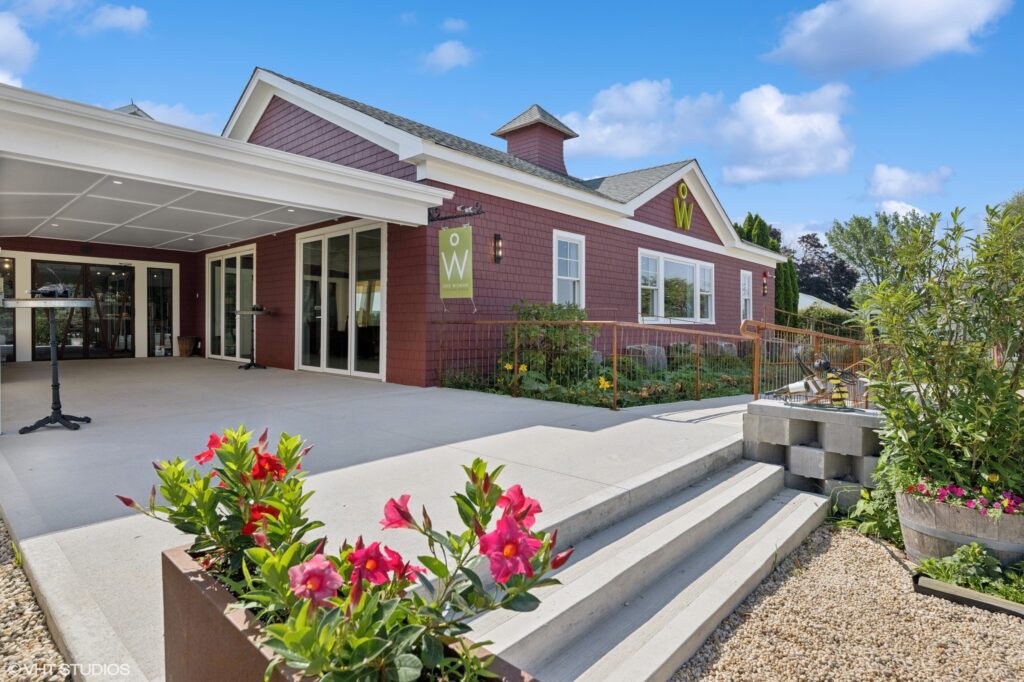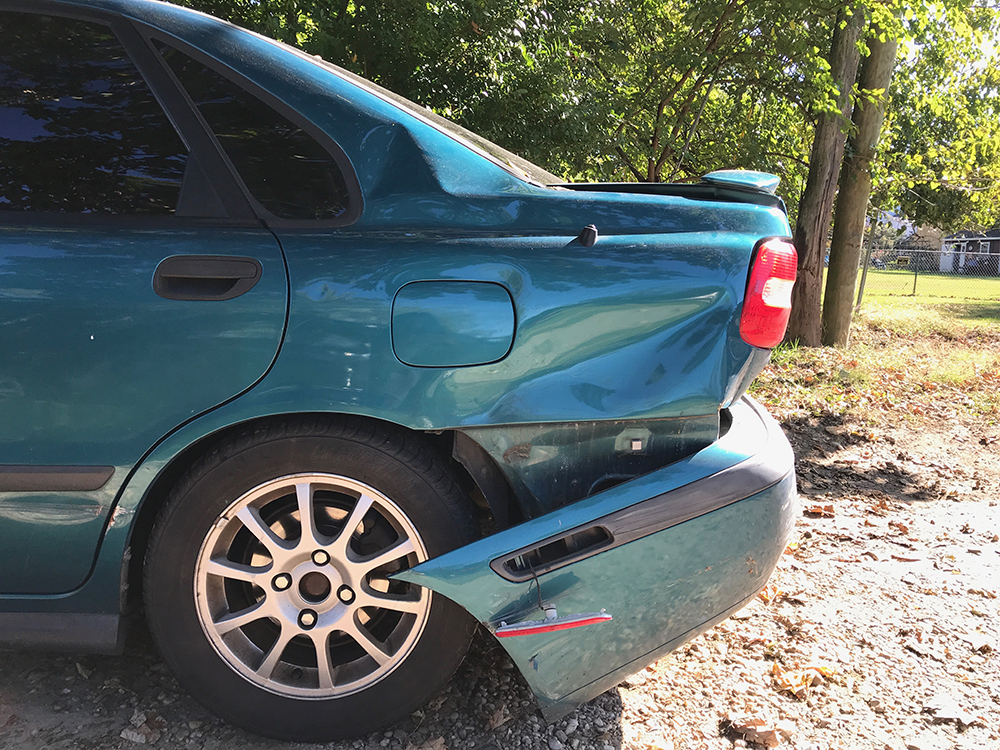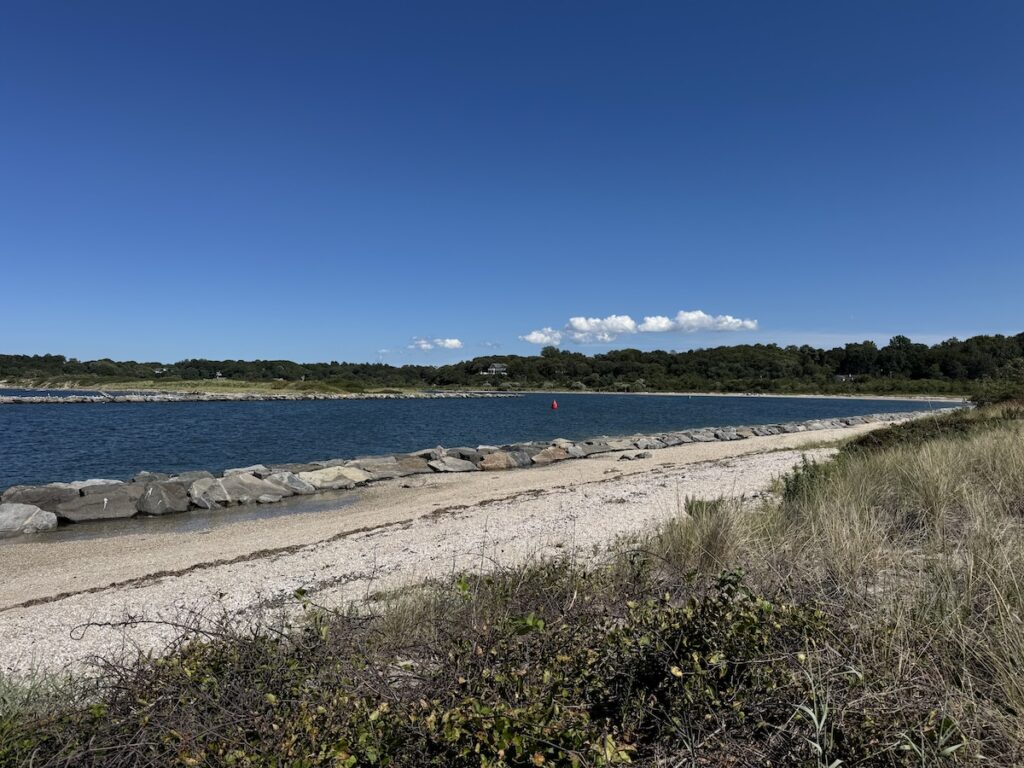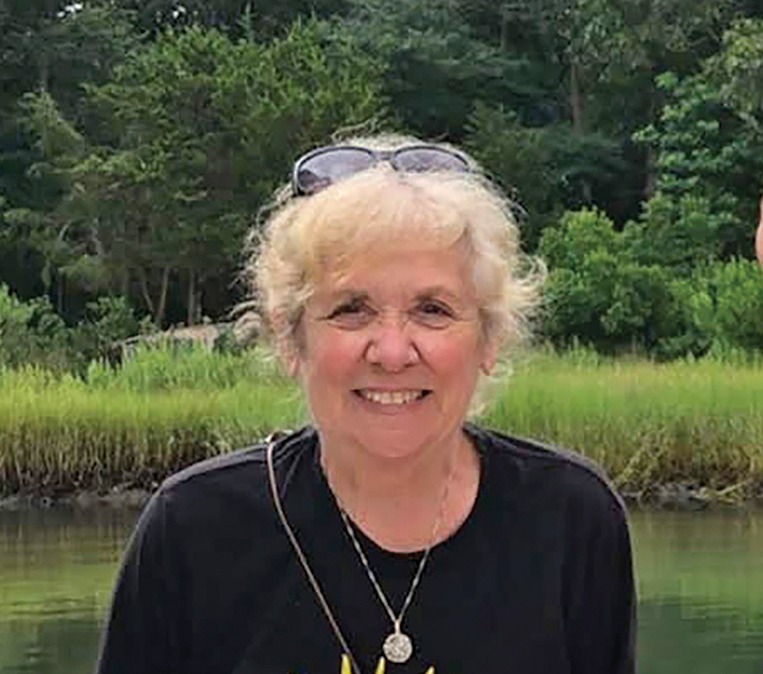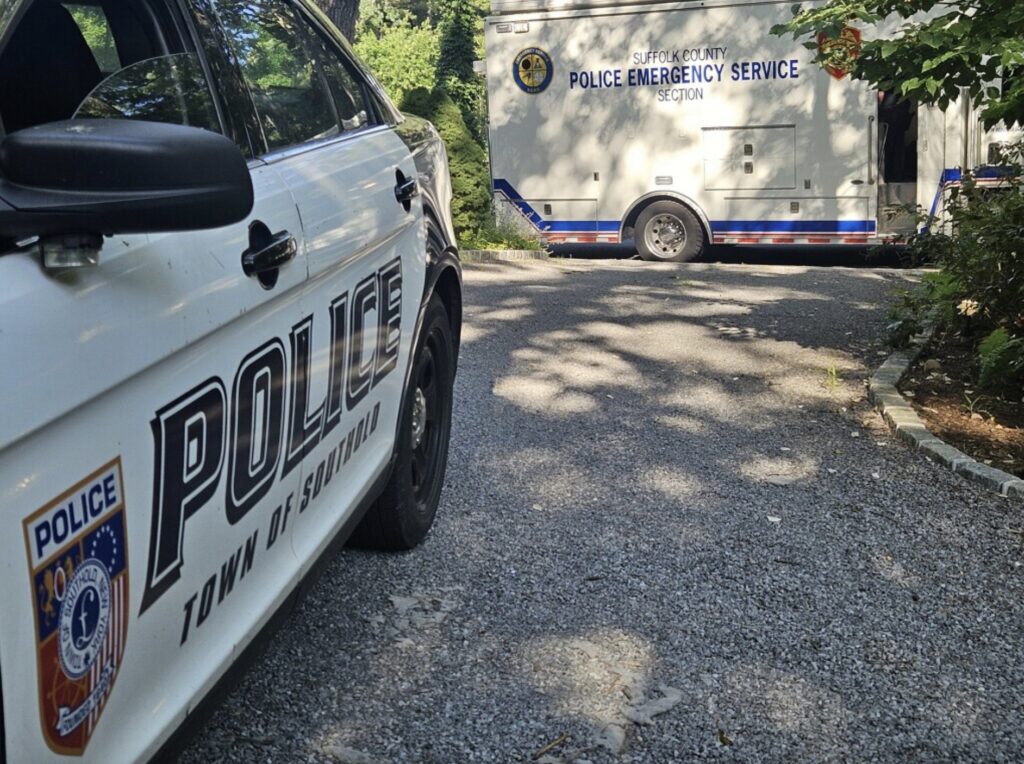Suffolk County tests wells in Mattituck: Source of contaminants still unknown

Residents in a neighborhood around Reeve Avenue in Mattituck are being offered special well filters and bottled water while testing continues on the quality of their well water.
The investigation began almost a year ago when one resident who went to his doctor because he wasn’t feeling well was encouraged to have his private well water tested. The initial testing by the Suffolk County Health Services Department focused on five private wells on Reeve Avenue, but has now been expanded to 51 wells to the north and west.
The tests are looking for potentially cancer-causing contaminants — perfluorooctanoic acid (PFOA) and perfluorooctane sulfonate (PFOS) — also known as “forever chemicals.” They are also measuring chlorides and nitrates, which can be especially harmful to young children.
The source, or sources, of the chemicals is unclear.
“We do have several detections. Whether or not those samples are linked is still not understood. We’re still studying it,” said Jason Hime, principal public health engineer for the Department of Health Services.
Mr. Hime said the state standard for PFOA and PFOS is 10 parts per trillion. As of June 24, 14 of 27 private wells tested exceeded the safe limit for either or both chemicals. Another 24 wells in the area have yet to be tested because the homeowners have not responded to the county.
“It’s one of the highest we’ve seen in Suffolk County,” said Mr. Hime, adding that his department is conducting surveys looking for both substances in all 10 towns in Suffolk, so “this is not unique to the Mattituck area.”
The area being sampled runs north and south of Reeve Avenue, and west to Westphalia Road.
“We have no indication of where and when the release happened,” Mr. Hime said. “We’re still studying what the potential sources are.”
To test the water, crews are drilling new wells as deep as 95 feet. While that’s going on, anyone whose tested well has exceeded the limit is being offered bottled water. If a hookup to public water isn’t feasible, a special carbon filtration system will be installed.
Mr. Hime said the current phase of surveying and testing will continue through the end of the summer. “Then, based on the results, we will determine if additional testing is necessary.”
“We know there are locations on Long Island and New York State that have levels in this concentration range,” said Jaymie Meliker, professor of public health at the Stony Brook University Renaissance School of Medicine. “The source could be old and there’s no guarantee that the source is new.”
Mr. Hime emphasized that the public water system is safe and that the Suffolk County health department recommends connecting to public water whenever possible.
“Anyone who wants their water tested, it’s free of charge and alternate water supplies are available,” he said.
The number to call for well testing is 631-852-5810. Residents with specific health concerns are encouraged to contact the N.Y. State Health Department at 518-402-7800.




